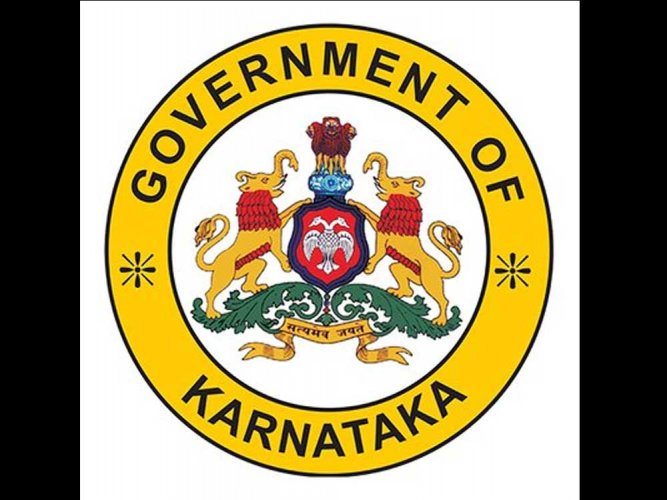Youth form a critical population throughout the world. Youth is characterized by enthusiasm, energy, adventurism, curiosity, and acculturation to society and culture. Globalization and liberalization are influencing a slow cultural transition among youth. In this process of transition, they face a lot of social, psychological, behavioral, and mental health challenges.
Mental health among youth in India has long been marred due to ignorance, stigma, lack of mental health professionals, facilities, and also our limited understanding. The youth population is around 375 million (30%) in India (2011 census). There are only about 4,000 psychiatrists, 1,000 psychologists, and 3,000 social workers in the country. Reasons for the shortage are diverse. Sometimes, professional help is afar, but discussing any mental health issue is considered taboo even today both in urban and rural India.
A concerted and focused effort towards awareness and community education is required for voluntary help-seeking for mental health. Effective interventions to tackle mental health issues at the institutional and community level would help to reduce stigma and encourage youth to seek help. Program Yuva Spandana has identified this gap and is designed to cater to this need in the community.
NIMHANS has always supported the state government in the promotion of mental health services at the population level. It has had extensive expertise in developing and implementing mental health programs. I am extremely pleased that the Government of Karnataka, Department of Youth Empowerment and Sports has collaborated with NIMHANS in developing and implementing “Yuva Spandana”. At NIMHANS, we understand that youth programs need a different approach. ‘Yuva Spandana’ is an example of such a specifically designed and tailormade program to cater to the youth in the state.
I congratulate the Centre for Public Health, Department of Epidemiology, NIMHANS for taking such an innovative initiative, the first of its kind in India. I strongly believe that this pioneering program will pave the way for youth-friendly, youth sensitive, youth-specific, youth-driven population-based services for overall youth health and development in India.




